Health & Medicine
-
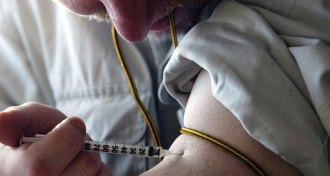 Health & Medicine
Health & MedicineVaccines could counter addictive opioids
Scientists turn to vaccines to curb the growing opioid epidemic.
By Susan Gaidos -
 Health & Medicine
Health & MedicineTight spaces cause spreading cancer cells to divide improperly
Researchers are using rolled-up transparent nanomembranes to mimic tiny blood vessels and study how cancer cells divide in these tight spaces.
-
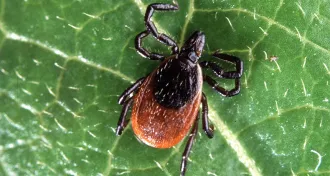 Life
LifeNew species of bacteria found to cause Lyme disease
Camping? Don’t forget the bug spray. Lyme disease covers new ground.
By Laura Beil -
 Science & Society
Science & SocietyTough gun laws in Australia eliminate mass shootings
Following the 1996 implementation of strict gun control laws in Australia, the country has not experienced any mass shootings.
By Meghan Rosen -
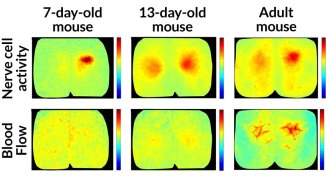 Neuroscience
NeuroscienceNewborn brain has to learn how to feed itself
Nerve cells in newborn mice can’t yet feed themselves.
-
 Health & Medicine
Health & MedicineIn malaria battle, indoor bug spraying has unintended consequence
Years of spraying indoors may inadvertently have push malaria-spreading mosquitoes to venture outdoors for a bite.
By Susan Milius -
 Life
LifeFor cleanest hands, squirt and count to 30
Rubbing hands for 30 seconds is the most effective way to use hand sanitizer, a study of health care workers finds.
By Laura Beil -
 Life
LifeFor tooth decay microbes, many routes lead to kids’ mouths
Mothers aren’t their children’s only source of bacteria that cause dental cavities, new research shows.
By Laura Beil -
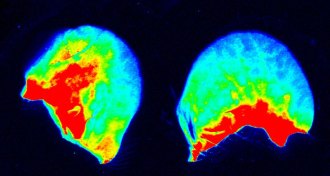 Health & Medicine
Health & MedicineMosquito spit can increase dengue severity
By weakening blood vessels, mosquito saliva may make dengue fever more severe in some cases.
-
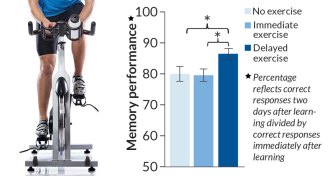
-
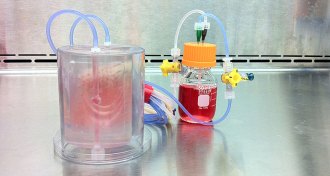 Health & Medicine
Health & MedicineStem cells from pig fat aid in growing new bone
Scientists transform fat stem cells into bone and grow new jaws for minipigs.
-
 Health & Medicine
Health & MedicineZika infection late in pregnancy may be not so risky
An early report out of Colombia finds no microcephaly in babies born to a group of pregnant women infected with Zika virus during the third trimester.
By Meghan Rosen